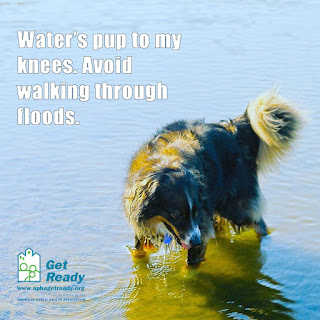The theme is a timely reminder that vaccines protect us against very serious and sometimes deadly diseases. In some cases, vaccines have ended disease threats that caused terrible illnesses. Take smallpox, for example: It once ended millions of lives. But thanks to vaccines, smallpox is history
But there are still dangers out there. Diseases like measles and whooping cough can spread really fast and cause serious harm. The good news is you can prevent them and many other diseases by getting vaccinated.
Educating yourself about vaccines and getting your shots will protect you and your loved ones. You’ll also help the health of your community.
Here are five reasons why vaccines work. Share these with your friends and family:
- Vaccines are safe: Vaccines are studied and constantly monitored by scientists to make sure they’re safe.
- Vaccines protect: If enough healthy people are vaccinated, we can protect babies, seniors and sick people who can’t be vaccinated.
- Vaccines save money: Getting a vaccine is much less costly than being treated for a disease.
- Vaccines save lives: The diseases vaccines are made for can be deadly or really serious if not treated.
- Vaccines don’t cause autism: There’s no link between vaccines and autism. Science has disproven this again and again.
Still have questions? Talk to your trusted health care providers. They’ll be able to share information with you and address any concerns.
Do your part to stop the spread of diseases. Celebrate World Immunization Week by reminding your family and friends that vaccines work and save lives. That way, we can all be protected together.





